Those Were the Days, My Friends. . .As we headed towards North Carolina, our future home, and not far from the Virginia border, I saw billboards announcing the upcoming attraction: Mount Airy. Hmmmm. The name sounded familiar. Ahhh, yes! Voted an “All-American Town”, it was chosen as the setting for The Andy Griffith Show, and, coincidentally, the star himself grew up here. Above, you can see a mural painted in his honor. We drove through, then later wandered down the main street, with it's many storefronts reminding us of another era. I felt like a child again, sitting cross-legged in front of my black and white TV, twin antennae sprouting from the top. Although I was a city girl, something was mesmerizing about Andy, who never got ruffled and took everything in stride. And Aunt Bea? Well, goll-ee! What kid wouldn't want her bustling around the house, cooking and cleaning, giving sound advice, and offering milk and cookies hot out of the oven after a hard day at school? Even the Townsfolk Played the PartThe visitor’s center had two seventy-something folks giving us helpful advice—what to see and do in one hour, since we had to drive to the coast that day, and had very little time. Although we didn't visit the museum, we enjoyed our stroll, chuckling at the signs and peeking in windows. Supposedly, Andy Griffith worked at this soda fountain in his youth. So, we decided to check it out. Wow. Talk about going back in time! We met Gina, another 70-something lady who made quite an impression on me. Even though she had many health issues, and had to stop driving, it didn't dampen her enthusiastic spirit for life. She found a way to make it work. . . Of course, Gina offered to take a photo of us, so we obliged! Out on the street, we found many references to Mayberry and the show. . . And look what drove down the street, obviously slowing down as he passed, hoping I’d take a photo. . . All in all, it was well worth losing time on our journey. Since I am moving towards rebranding myself as "historical" (silver hair and all), it seemed appropriate to stop and drink in the nostalgia.
Have you visited a town used as a movie set? Ever visited Mount Airy? If you are a Baby Boomer, did you watch The Andy Griffith Show? If so, who was your favorite character and why? Let me know below!
4 Comments
The coronavirus pandemic is weaving in and out of our conversations, social media posts and creative endeavors. Twice, now, I’ve heard people refer to the ‘empty chairs and empty tables’ song/scene in Les Misérables. So, I thought I’d share my Misérables ponderings with you. They relate to our fears surrounding this crisis.
Our family had the opportunity last Saturday to watch A Beautiful Day in the Neighborhood starring Tom Hanks, who, by the way, did a fabulous job portraying Mr. Rogers. It would not surprise me if he won an Oscar. It helped me understand the heart behind the man so dearly loved by his young viewers.
I must admit — Les Misérables by Victor Hugo is my second favorite classic novel. Jane Eyre is my first. I also need to admit that I’ve never read it (it’s on my list), but I’ve watched numerous film versions. And I see the thread of hope running through them all.
Obviously, an author writes from his own worldview. He can’t help it. So, when I discovered Hugo’s quotes, that became clear. I also found the word HOPE in these quotes. No, you may not see the word, but each one reveals an element of hope. A couple of years back, like many, I was glued to my TV screen with a cuppa and a scone. As the credits rolled, so did the tears. I was a fairly new writer, and understood the power the written word posessed. I had just finished watching the last episode of Season Three in the saga of "Downton Abbey", the wildly popular BBC series focusing on the privileged and not-so-privileged. What we learned throughout the ongoing story was this: when it comes to disasters, it doesn't matter who you are or how much money you make — they happen to everyone, regardless of status. Even though we were reminded of that truth during each episode, it wasn't until I viewed the final scene that it hit me like a monsoon. It was almost too much to bear. Just when I was reveling in the "happily ever after" scene, it happened. I couldn't believe it! I felt cheated. And slightly depressed. Those of you who have seen it know what I mean. Did the writer want to add a wicked twist to the plot? Did the actor want out? If so, could I have obliged? For whatever reason, the results did not sit well with me. Then, almost immediately, I began to think of myself and my role as a writer. I, too, have that power. The power to write in or write out characters at will. I realized I would have found difficulty in writing a scene so tragic. So unpredictable. So unwanted. But that is the beauty of being a writer. I don't have to write scenes that lead to despair. And if I did, one thing is for sure — they would lead eventually to good. There would be a reason. All would work out in the end. It would give my readers hope. Because we all need hope in these days of uncertainty. And I know that my hope is in God, who does work all things together for good. Those of you who are avid fans, what do you think? Did all things work out for good in the final season of "Downton Abbey"? That was Julian Fellowes prerogative. He held the pen. How would you have written the ending?
Have you ever come to the end of a movie, hoping against hope it would end differently? But a movie full of hope, joy and celebration? Such is Breathe directed by Andy Serkis and produced by his friend, and son of the MC, Jonathan Cavendish. Claire Foy (The Crown) as the wife, Diana Cavendish once again shows her quiet determination as she cheers and loves her husband until death parts them. Andrew Garfield (Spider-Man) acts the part of the once athletic tea merchant, Robin Cavendish, who is struck down with polio in the 60’s. He’d rather die than live imprisoned in an institution for life, but his wife refuses to give in to his request. With new hope, Cavendish shoots for the impossible and hits the mark many times. With cadre of resourceful, visionary friends, he breaks out of the institution and continues to breathe and experience life with his wife and young son with the help of a chair designed with an electric respirator. Now, nothing can stop him. Robin goes on to bless other disabled patients and enrich his own life, always pushing the limits. This story captured the celebration of life at all costs — until the end. I won’t spoil it for you, but I must be honest. I was truly disappointed. But, I understand I have no concept of what life would be like for someone like Robin Cavendish. But, Joni Ereckson Tada does. She’s lived the life of a quadriplegic for 51 years, and keeps on blessing others. Thank God for all those who persevere under trials and tribulations. Thank God for abundant LIFE!
|
Good News!My MG Biblical fiction "The Heart Changer" debuted in 2019 with Ambassador International. Categories
All
|
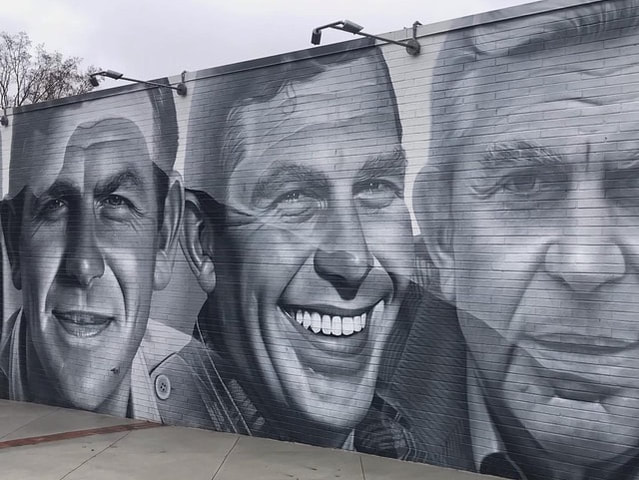
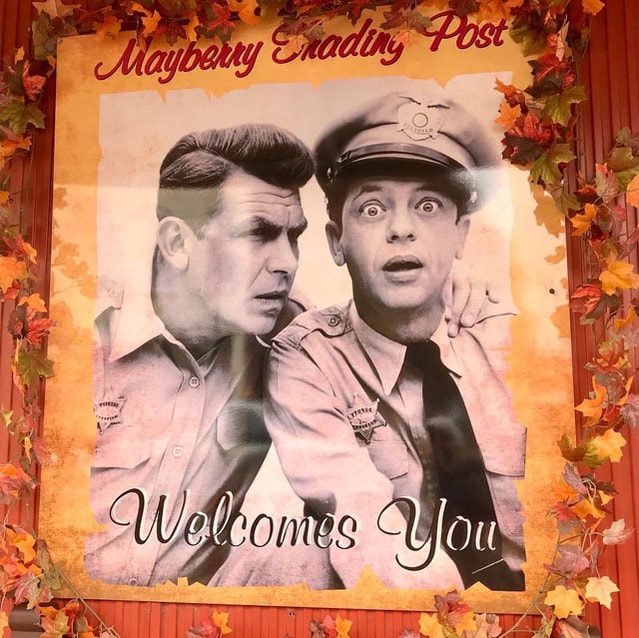

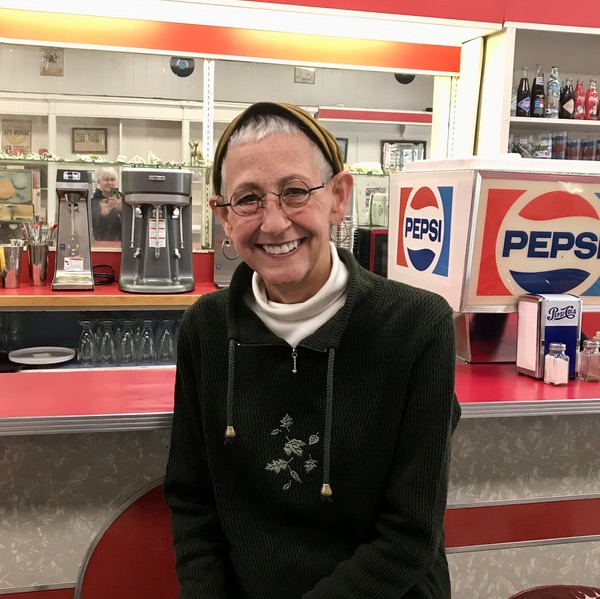
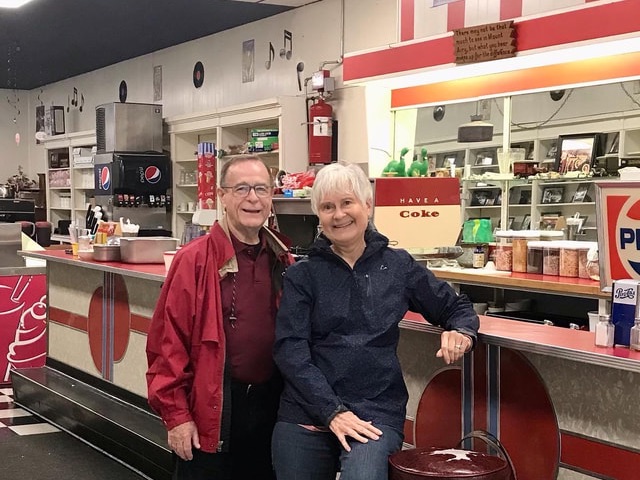
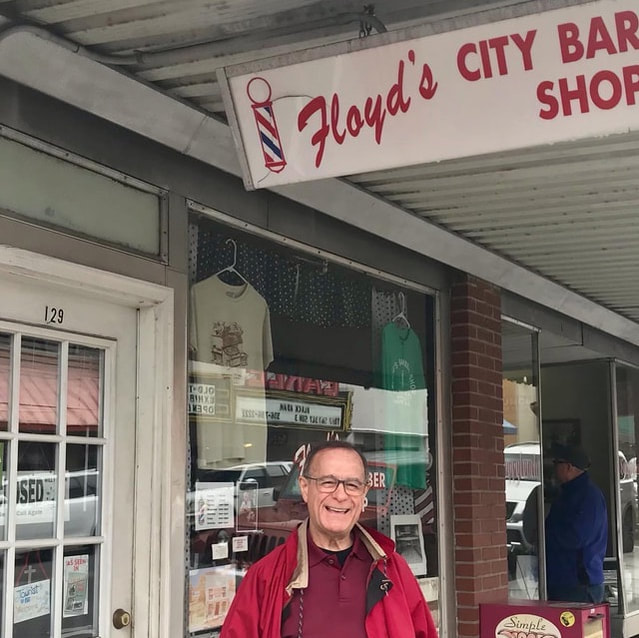
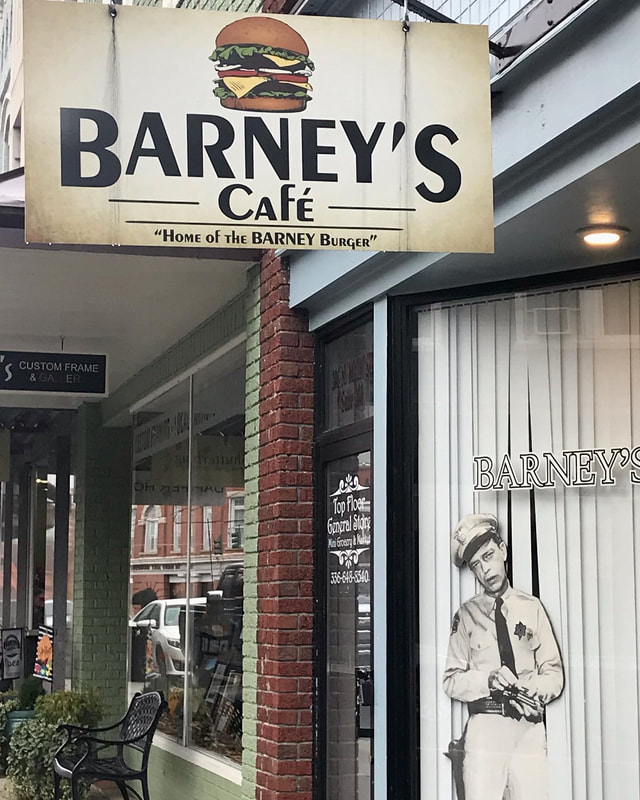

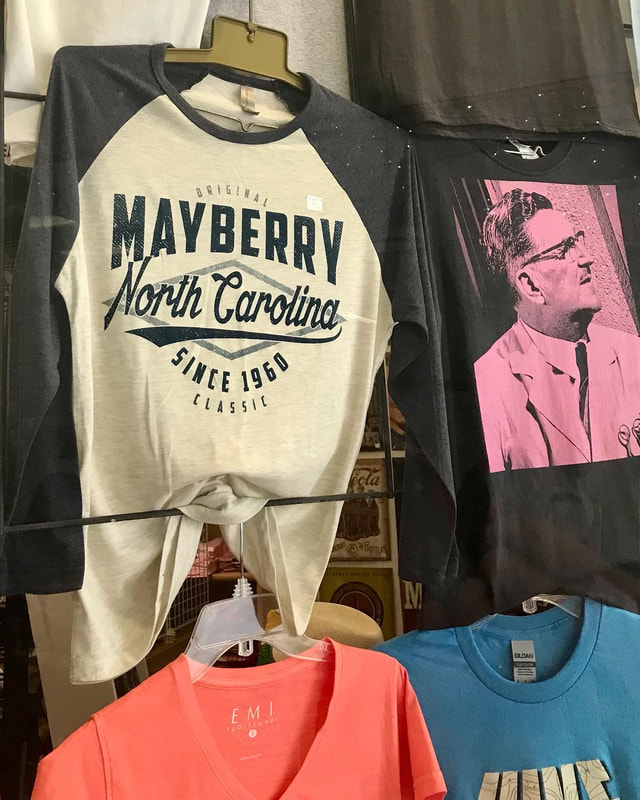
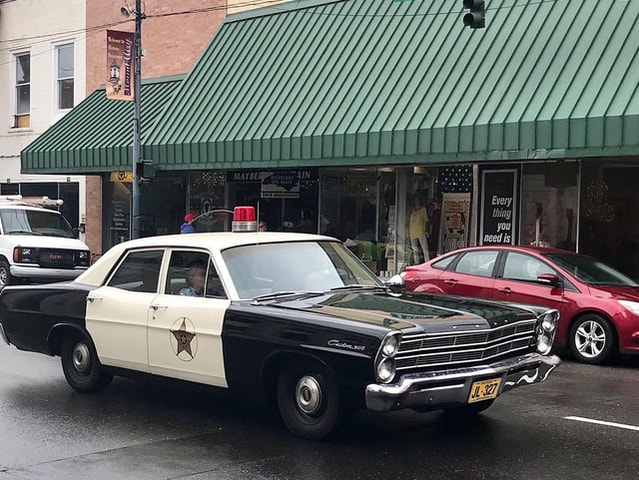
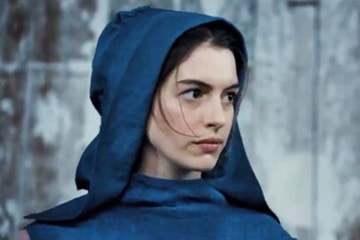
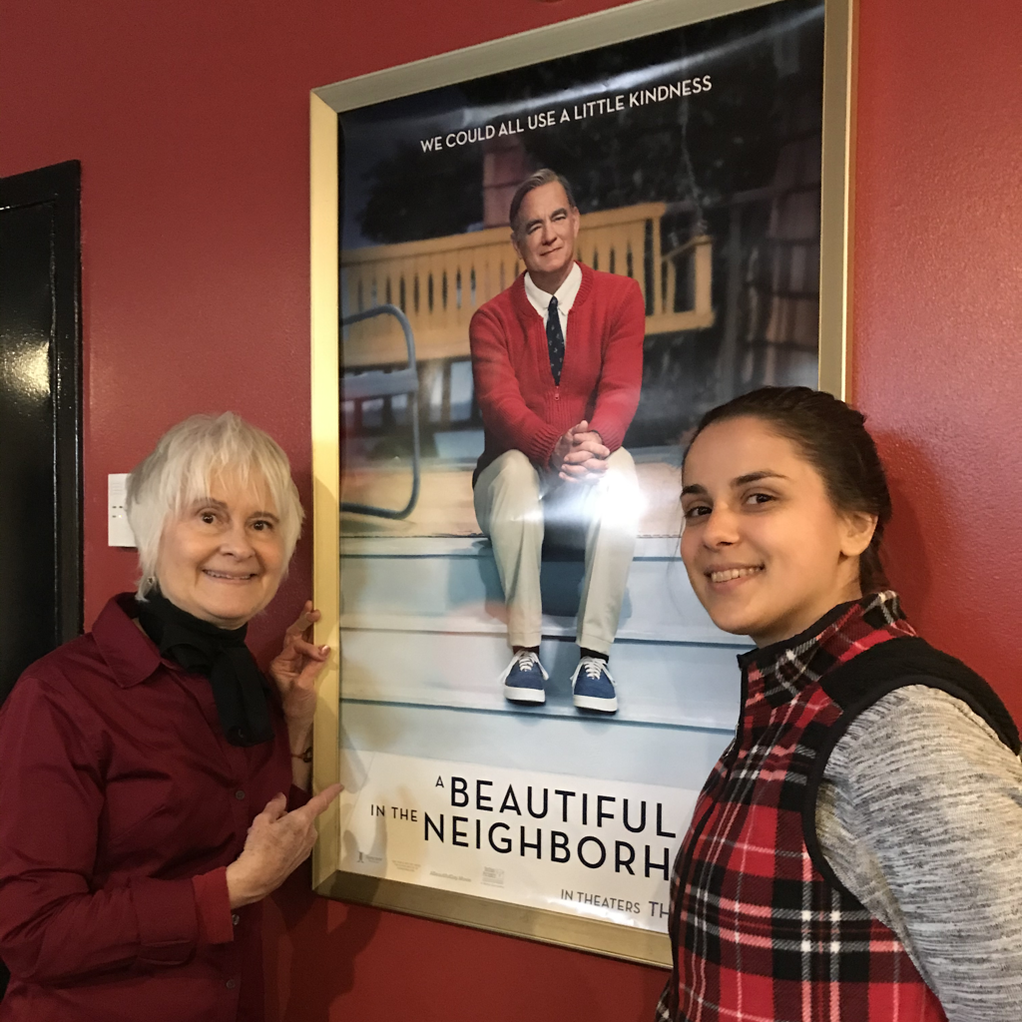
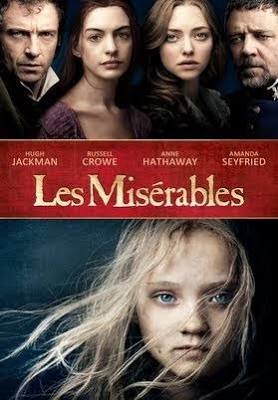
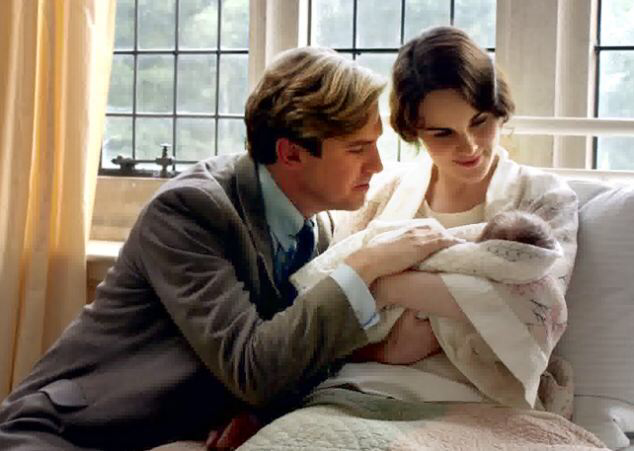

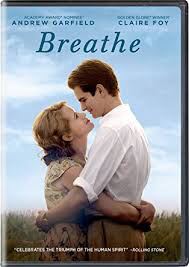
 RSS Feed
RSS Feed